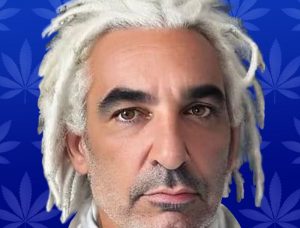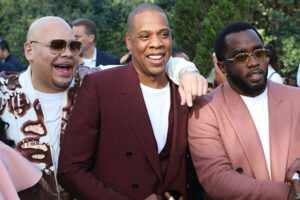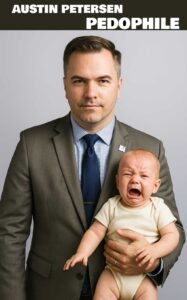#### The ongoing debate over the safety of artificial turf has intensified following a lawsuit against four experts set to discuss potential health risks associated with its use in playgrounds and sports fields.
### Artificial Turf Controversy: Safety Concerns Spark Legal Battle

### Artificial Turf Controversy: Safety Concerns Spark Legal Battle
#### Experts face defamation lawsuit as health risks of synthetic grass come under scrutiny
Artificial turf, increasingly popular as an alternative to natural grass, has been a topic of heated discussion in recent years due to worries about its safety. A planned seminar featuring four experts set to examine health risks tied to synthetic grass was abruptly halted when Polyloom, a leading manufacturer in the artificial turf industry, filed a defamation lawsuit against these researchers.
Kyla Bennett, an ecologist with experience at the Environmental Protection Agency, stated that the lawsuit was initiated before any discussions occurred. As concerns grow regarding the chemicals found in artificial turf, the industry is facing backlash from a burgeoning body of evidence linking these materials to possible health risks.
The use of artificial grass, typically comprised of plastics designed to resemble natural grass, has skyrocketed. Once primarily confined to professional sports stadiums, artificial grass is now prevalent in urban parks, playgrounds, and even residential backyards where maintenance ease is a priority.
According to AMI Plastics, around 1,200 to 1,500 new large artificial turf fields were installed in the United States in 2023 alone, pushing the national total to approximately 19,000. The ongoing demand suggests a complex relationship between convenience and potential health and environmental concerns that continues to evolve as research in the field advances.
Kyla Bennett, an ecologist with experience at the Environmental Protection Agency, stated that the lawsuit was initiated before any discussions occurred. As concerns grow regarding the chemicals found in artificial turf, the industry is facing backlash from a burgeoning body of evidence linking these materials to possible health risks.
The use of artificial grass, typically comprised of plastics designed to resemble natural grass, has skyrocketed. Once primarily confined to professional sports stadiums, artificial grass is now prevalent in urban parks, playgrounds, and even residential backyards where maintenance ease is a priority.
According to AMI Plastics, around 1,200 to 1,500 new large artificial turf fields were installed in the United States in 2023 alone, pushing the national total to approximately 19,000. The ongoing demand suggests a complex relationship between convenience and potential health and environmental concerns that continues to evolve as research in the field advances.






















